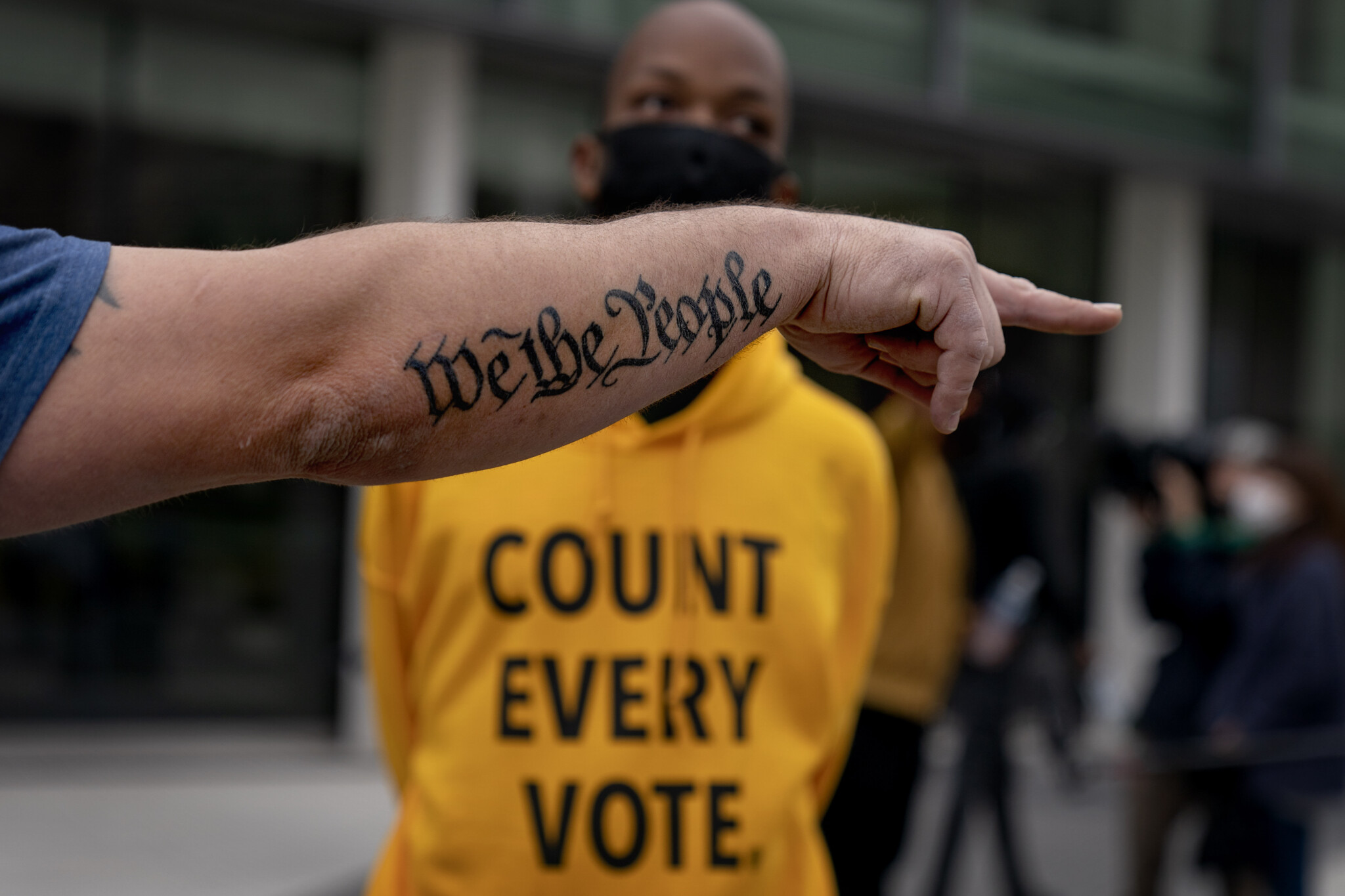In this week’s Hub book review, Patrick Luciani examines The New Leviathans: Thoughts After Liberalism, by John Gray, (published by Farrar, Straus, and Giroux, 2023), which attempts to chart a path forward in a post-liberal world.
“The universities have been to the nation as the wooden horse was to the Trojans.” – Thomas Hobbes
After the war to defeat German Fascism and Nazism in 1945, the West entered a world where a political system of democracy and free markets had come together to provide a modicum of freedom and material prosperity. In this well-managed world based on rationality, we’ve come to expect that each generation will be better off than the previous one and that a rules-based liberal would somehow last indefinitely. Why not? After all, the Soviet system collapsed not over the years but in a matter of days, leaving behind the triumphalism of the West in a post-Cold War world.
However, according to political philosopher John Gray, the liberal world has ended—in the classical sense of individual freedom, limited government, and rule of law—along with the promise of a stable world and the illusion that wealth will build upon wealth endlessly into the future. In his brilliant and insightful book, The New Leviathans, Gray looks back to the 17th-century writer Thomas Hobbes and his masterpiece, Leviathan, for lessons on why our liberal system has gone off the rails.
One reason is that we’ve strayed beyond the limited role of the state envisaged by Hobbes to protect us from tyranny, perpetual wars, and the state of nature. Whereas Russia under Vladimir Putin has “shut down the life of the mind as Lenin has done,” Xi Jinping has turned China into a surveillance nightmare where a billion and a half people live in a real-life panopticon envisaged by Jeremy Bentham in the 19th century. Western liberalism has gone beyond allowing citizens to go about their business without fear of personal injury by strangers; it has taken on the role of producing a hyperbolic version of liberalism. In this hyper-liberal world, individuals must be liberated from” identities inherited from the past” and forced to create their own identities.
But we can’t do this alone. In this woke culture, we need an army of over-credentialed guardians now clogging our media, cultural, educational, and government institutions, pushing a progressive agenda that demands strict obedience around gender and race identity. Liberalism is no longer a political idea of individualism in a pluralist society where everyone is left alone to find their place in society. Ideas from academe insist the nuclear family is evil, white supremacy exists in every expression of European cultural heritage, which is evil, and that the sex binary is just a social construct, and if you disagree, then you are evil. We reached the bottom when U.S. Supreme Court Justice Ketanji Brown Jackson couldn’t define a woman in her 2022 Senate hearing because, as she said, she wasn’t a biologist.
The recent U.S. election shows that the pushback may have arrived. Economic factors, such as rising unemployment and inflation, usually affect most voters and decide elections.
As important as these factors are, there is growing evidence that social and identity issues affect elections just as strongly. As one author put it, “The politics of the academy have been defeated.” One Democratic post-election poll found swing voters voted against Kamala Harris because they didn’t like her progressive social agenda. Trump gained ground with all age and racial groups except among college graduate white voters, factors that can’t be explained just by “It’s the economy, stupid.”
The pundit Bill Maher once said he didn’t leave the Democratic Party, it left him. And now there’s evidence. Starting almost 20 years ago, the party took a strong swing on policies such as affirmative action, which was supported by 60 percent of the Democrats by 2020, while the median voter stayed at 20 percent support over that period. And it’s no surprise that Democratic candidates who went against their party’s progressive policies did better than Harris.
None of this is particularly new. The Democratic Party left its base years ago, especially under Barrack Obama, allowing the GOP to pick up stranded Democratic voters en masse. Bernie Sanders continues to miss the mark, believing that more socialist policies would bring them back. The problem is that the Democrats allowed themselves to be captured by academic ideas that never appealed to the average voter.
The party still seems to be in denial. In the November 18 issue of The New Yorker, 12 essays by prominent media pundits and scholars, including Rachel Maddow and law professor Annette Gorden-Reed, insist that the masses were either fooled, lied to, or succumbed to their prejudices or lower instincts for fascism or populist leaders. If the Liberal Party of Canada believes it can buck the trend and get re-elected on promises of economic reform only, it should reflect closely on what happened in the U.S.
Had Gray waited to publish his book after the U.S. election, he might have revised it to reflect the results and perhaps reconsidered his conclusion. As we’ve seen, the liberal instinct for independence, imperfect as it is, isn’t dead yet.











